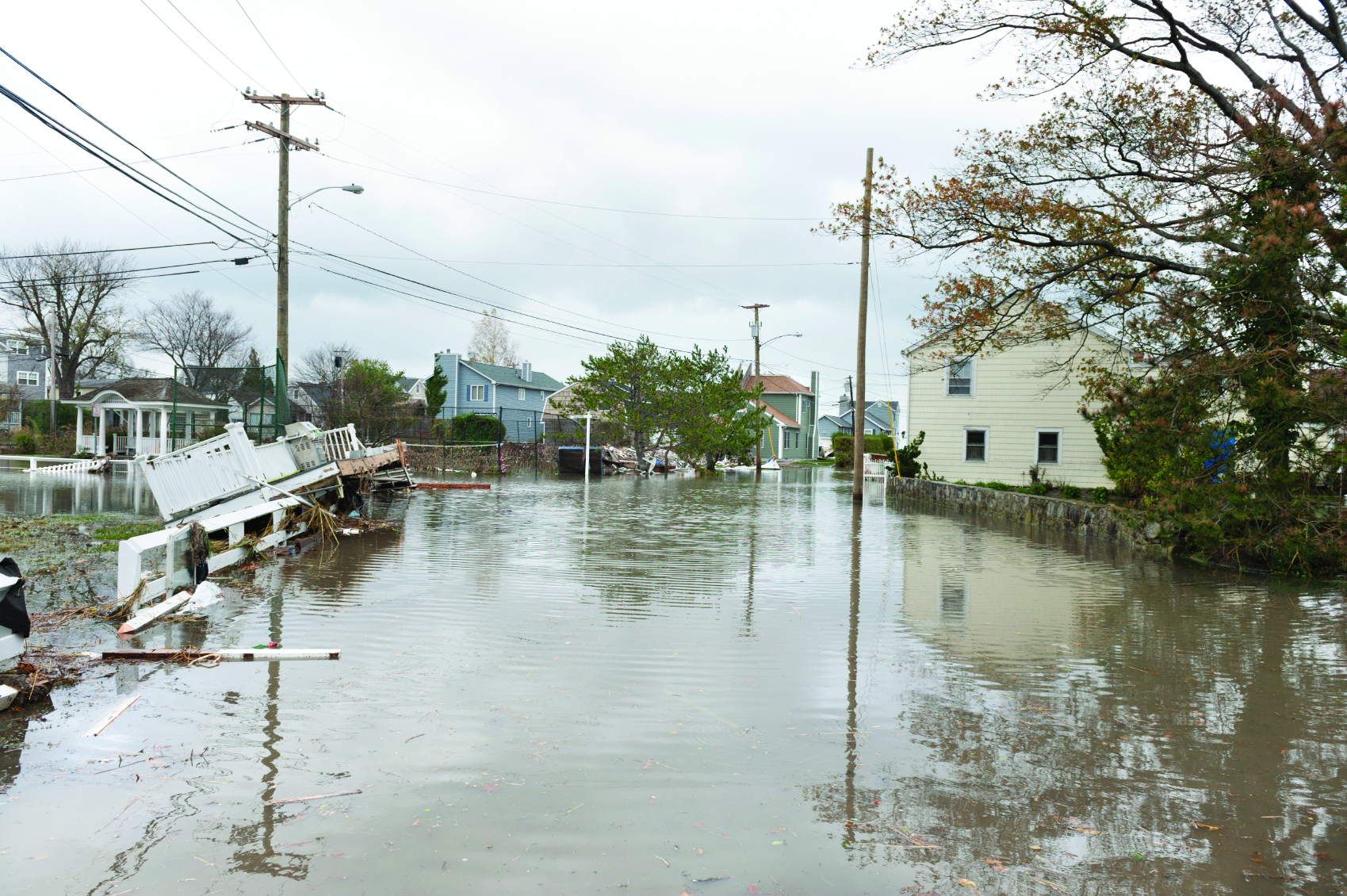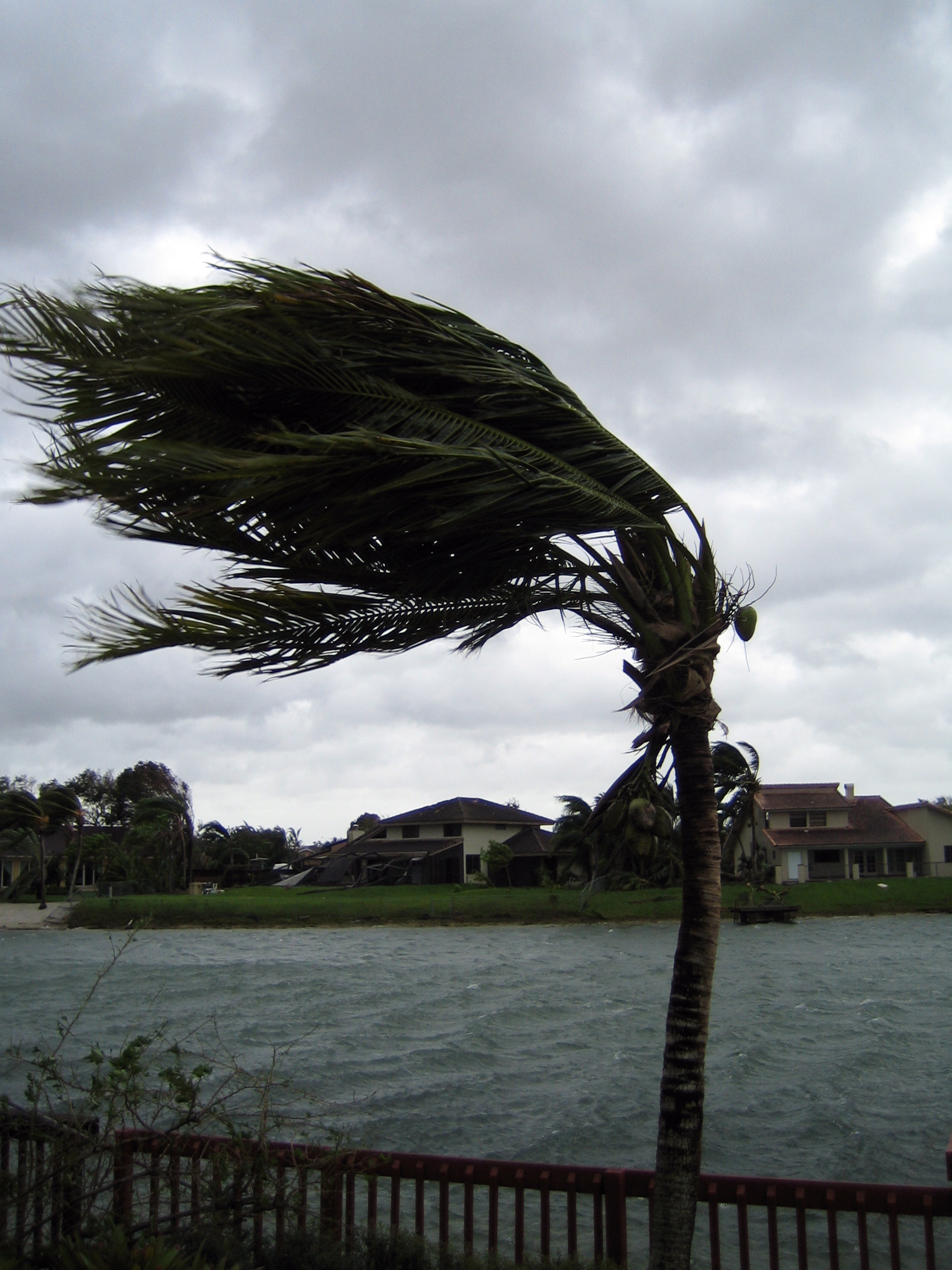Local health departments (LHDs) are on the front lines of defense against a myriad of threats to their communities. One of the most pervasive and all-encompassing threats LHDs currently face is climate change.
Climate change jeopardizes public health in many ways:
- Extreme heat (i.e., more frequent, more intense, and longer lasting heat) heightens the risk of drought, wildfires, and air pollution.
- Extreme weather events (e.g., flash flooding, hurricanes) can change ecosystems and affect food and water sources, resulting in evacuations and relocations.
- Rising sea levels intensify coastal flooding and storm surge.
- Warming climates increase the spread of mosquitoes and ticks, which can carry and transmit diseases.
- All environmental stressors can threaten mental health.

NACCHO implements climate change projects that educate LHDs about the health effects of climate change, steps to address those effects, and barriers and pathways to departmental efforts. In partnership with our Global Climate Change (GCC) Workgroup, NACCHO developed a new fact sheet on Essential Actions for Climate Resilience in Local Health Departments. This fact sheet suggests actions for LHDs to examine and address the local public health impacts of climate change.
The essential actions are organized into five main categories:
- Learn – enhance climate literacy;
- Participate & discuss – foster relationships in the community;
- Collaborate – partner with organizations to plan for climate resilience;
- Create – develop and implement a climate action plan; and
- Reflect – define metrics and evaluate progress.
No matter where your health department lies in the path toward climate resiliency – novice, intermediate, or expert – the actions in this fact sheet meet you where you are to propel your program forward. You can address the actions in any order that best meets your needs. The actions also complement the Center for Disease Control and Prevention’s Building Resilience Against Climate Effects (BRACE) Framework and align with the three core functions of public health (i.e., assessment, policy development, and assurance).
In developing this fact sheet, the GCC Workgroup placed an emphasis on health equity, including the disproportionate risk that communities crippled by environmental injustices and socioeconomic inequities face from climate change.

The workgroup explores how global climate change affects the health of local communities and how local health officials can mitigate these health impacts. Members are a mix of LHD officials, LHD staff, and climate change professionals with health department connections. The workgroup members serve as subject matter experts among the LHD community to amplify the needs, challenges, and opportunities to address the health impacts of climate change.
We release this fact sheet to provide simple actions that LHDs can use to develop departmental goals around climate change. During the 2018-2019 project year, the GCC Workgroup will release a living reference document to expand on the fact sheet, provide case studies as examples, and share additional resources to assist LHDs. Watch for these and other upcoming resources on NACCHO’s Climate Change webpage.
For more information, check out a 2017 report highlighting health departments currently engaged in climate change adaptation; success story fact sheets from several LHDs; policy statements; and over 80 climate change tools and resources available in NACCHO’s toolbox.






